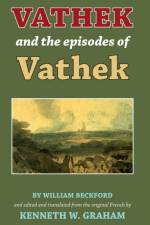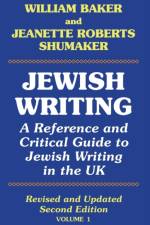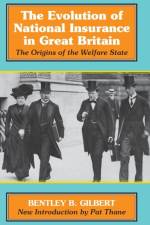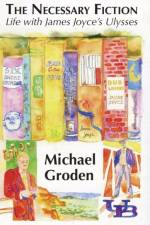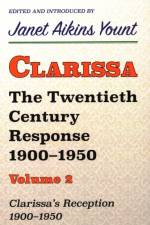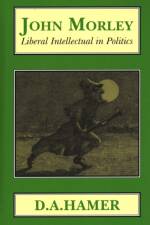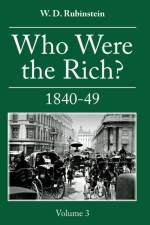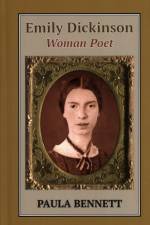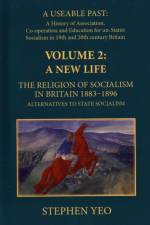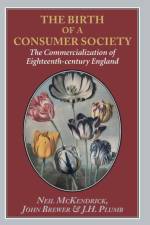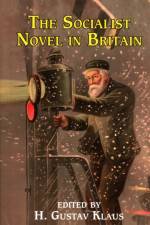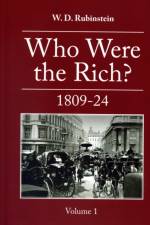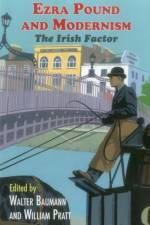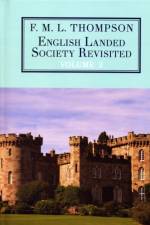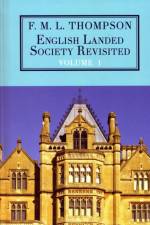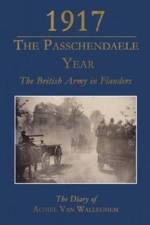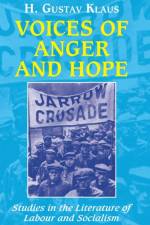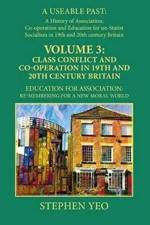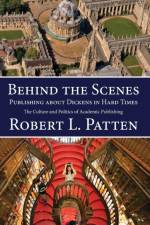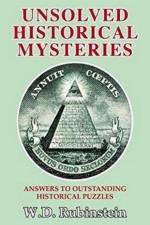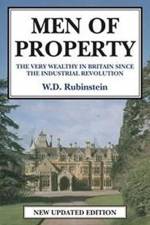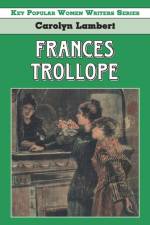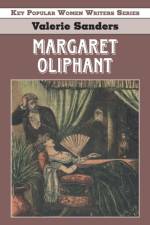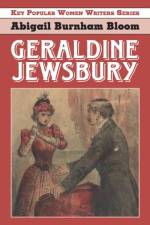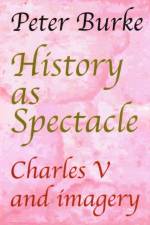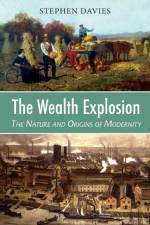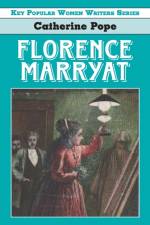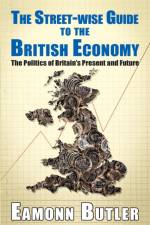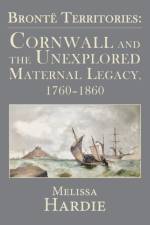- 1809-24
av W D Rubinstein
1 475
This work by Professor William D. Rubinstein, the leading academic expert on wealth-holding in Britain over the past two centuries, comprises a series of volumes which will provide similar information on all persons leaving £100,000 or more down to 1914.For every person included, accurate information is given about his or her occupation or source of wealth, parentage and family background, education, marriage, children, and heirs, religion, political involvement, and land ownership.Virtually none of this information has ever been compiled before, and this work provides a unique, accurate, and realistic of the wealthy elite in Britain during and just after the Napoleonic Wars.The picture which emerges is a surprisingly conservative one, with wealth centred not in the new industries of the Industrial Revolution, but in London, especially in the City of London, as well as in the landed aristocracy, in fortunes made in the east and west Indies, and riches derived from "Old Corruption," by government employees and placemen. The Introduction to this work provides useful summaries of the main trends.This set of volumes will be of considerable interest to economic, social, and political historians, to genealogists and family historians, and to local historians and historians of local communities.

